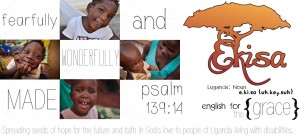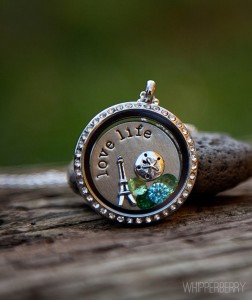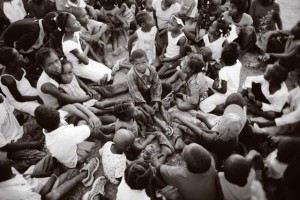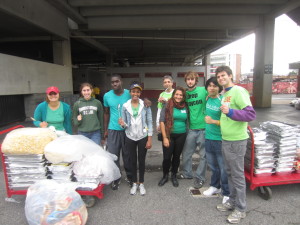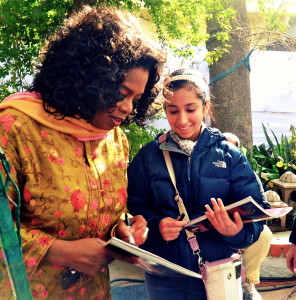The main language spoken in Uganda is called Luganda. Ekisa, in Luganda, means grace. Grace is a great word to describe the girls who started Ekisa. Emily Worrall and Emily Henderson live in Jinja, Uganda, and they both moved there at a young age. They started an orphanage for children who have special needs and disabilities. The most unique part of the story is that Emily and Emily were from different countries and met on a mission trip to Uganda. However, years later they now run an orphanage together in Uganda. This is a great story of networking and keeping in contact with people that you meet, even if they don’t seem like an important connection at the time. Ekisa now houses 16 children with disabilities. They also hire staff members who are disabled. They want to change the culture and help others to learn to accept those with disabilities. There story is quite amazing, especially since they work in a country that is very unaccepting of children with disabilities. They are one of the only orphanages for disabled children that I have found working in Uganda. They will definitely make a huge impact!
